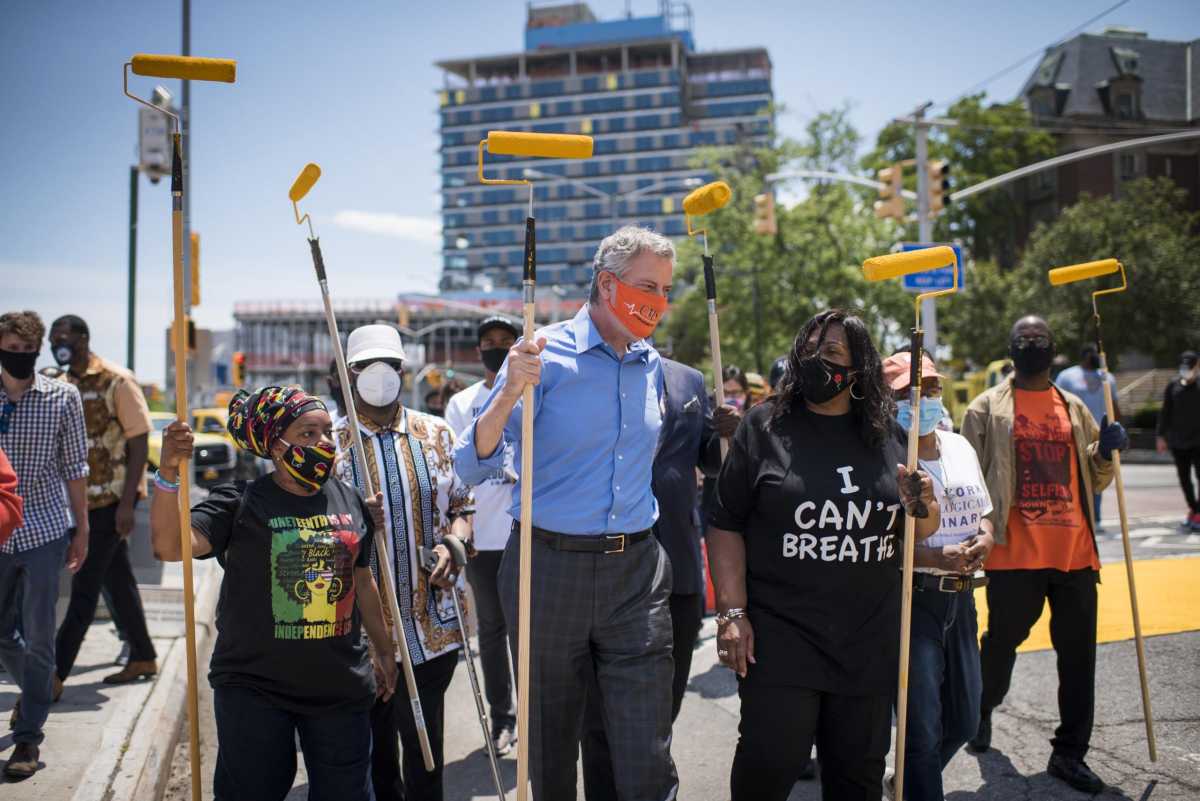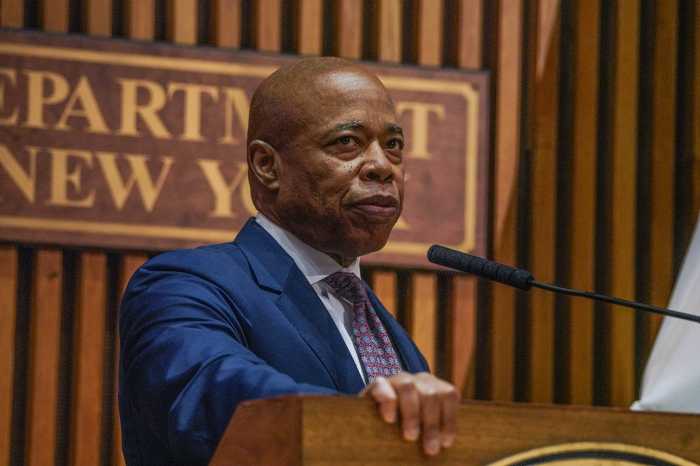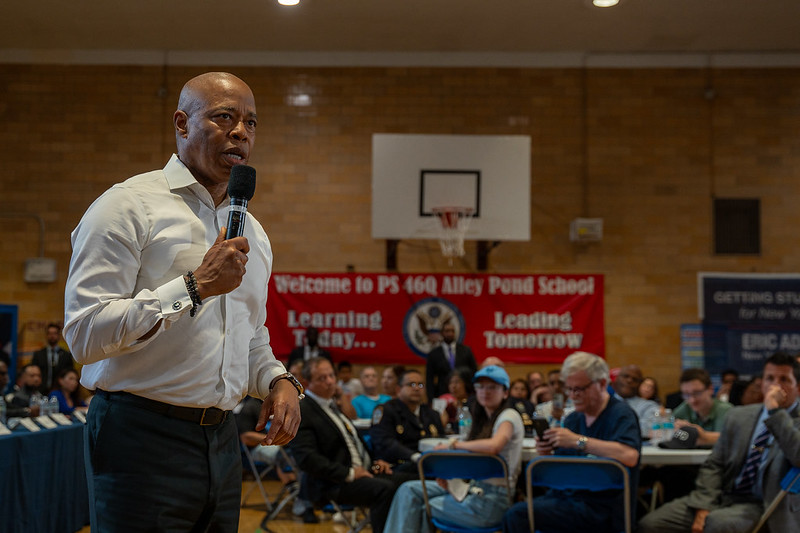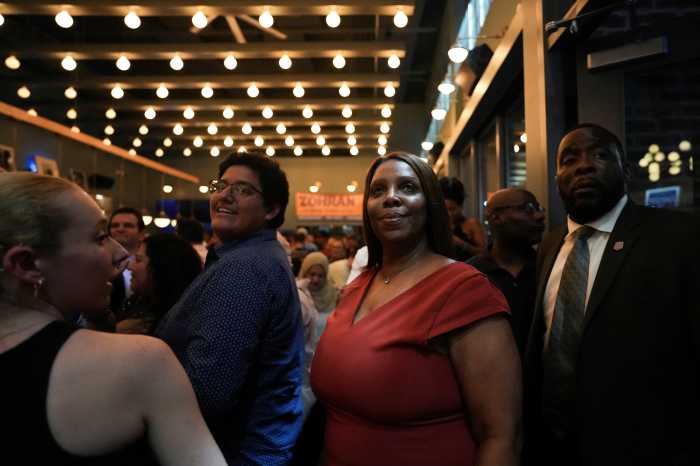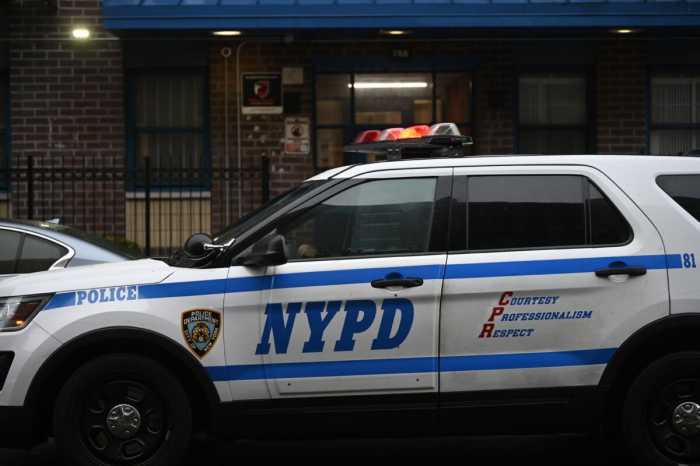Speaking to churchgoers in Brooklyn and the Bronx on Sunday, Mayor Bill de Blasio said he hoped the city’s new Racial Justice and Reconciliation Commission will have the same impact that a similar commission had on post-apartheid South Africa more than a quarter-century ago.
During his appearances at Brooklyn’s Brown Memorial Baptist Church and Bronx’s Mott Haven Reformed Church, de Blasio likened the new commission with the Truth and Reconciliation Commission (TRC) in South Africa, established to address the effects of apartheid.
The TRC, established in 1996 during the presidency of Nelson Mandela, held hundreds of hearings over a four-year period where individuals testified about human rights violations, injustices and abuse suffered during the racist apartheid regime.
“That got to the whole impact that apartheid had on that society, and then talked about everything and acted on everything that needed to be different. Well, that’s what we are going to do here in New York City,” de Blasio said in Brooklyn. “We are going to systematically look at the history of racism in this city, the way it lives today, the structural and institutional reality of racism.”
Despite his administration’s heavy use of 50-A to keep NYPD disciplinary records private, de Blasio praised the state legislature for repealing the law. He also reaffirmed his commitment to diverting NYPD funds toward youth programs and social services.
Gentrification will be a topic under review by the commission as well, he said.
“And we are going to use that commission to get at some larger truths about how people can actually get what they deserve like the affordable housing that Reverend Miller has fought for so consistently,” de Blasio told the Brown Memorial congregation. “How do we tell the truth about gentrification? About people being forced out of the communities they’ve built and how do we change that? This commission is going to go to the heart of the matter, out in the open, where we need to be.”
But he didn’t go into specifics as to the specific members of the Racial Justice and Reconciliation Commission, or what their authorities would be.
On Juneteenth, June 19, First Lady Chirlane McCray explained that the commission would be “a platform for New Yorkers to voice their experiences” of racism and discrimination. The commission is the first of its kind established in any American city or state.
“The commission will work to explode the false narratives we have lived with for far too long, and make plain the truth that even in 2020, to be a person of color is to live in a parallel existence with white New Yorkers,” McCray said.
With reporting by Robert Pozarycki



